Objective To braze a steel tube to a steel “T” fitting
Material 1” (25.4mm) diameter steel tubing, steel fitting, braze slug and black flux
Temperature 1400ºF (760ºC)
Frequency 198 kHz
Equipment • Power of 15kW induction heating system, equipped with remote workhead containing two 1.0μF capacitors for a total of 0.5 μF
• An induction heating coil designed and developed specifically for this application.
Process A four turn split helical coil is used to heat the steel assembly to 1400ºF (760ºC) for 85 seconds. The coil design allows for the steel fitting to expand away from the steel tube which allows braze to flow through the joint. The amount of braze alloy is controlled by the braze slug allowing for an aesthetically pleasing joint.
Results/Benefits Induction heating provides:
• Hands-free heating that involves no operator skill for manufacturing
• Precise and uniform distribution of heating
• The collection of flux on the coil is reduced due to efficient coil design.
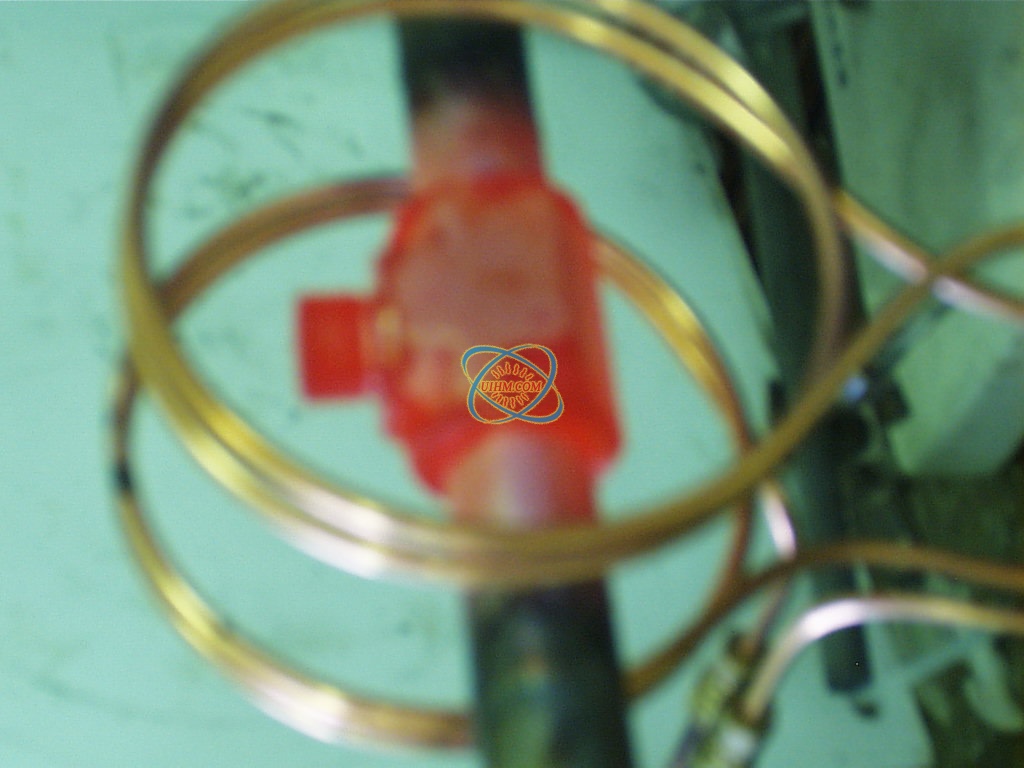
Material 1” (25.4mm) diameter steel tubing, steel fitting, braze slug and black flux
Temperature 1400ºF (760ºC)
Frequency 198 kHz
Equipment • Power of 15kW induction heating system, equipped with remote workhead containing two 1.0μF capacitors for a total of 0.5 μF
• An induction heating coil designed and developed specifically for this application.
Process A four turn split helical coil is used to heat the steel assembly to 1400ºF (760ºC) for 85 seconds. The coil design allows for the steel fitting to expand away from the steel tube which allows braze to flow through the joint. The amount of braze alloy is controlled by the braze slug allowing for an aesthetically pleasing joint.
Results/Benefits Induction heating provides:
• Hands-free heating that involves no operator skill for manufacturing
• Precise and uniform distribution of heating
• The collection of flux on the coil is reduced due to efficient coil design.

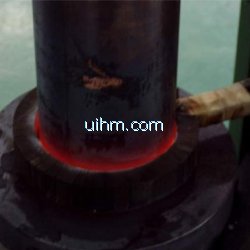
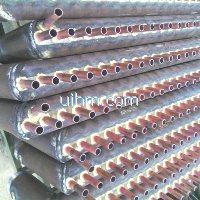
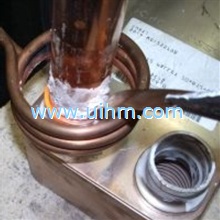
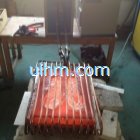
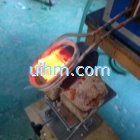
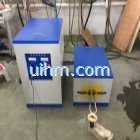

Newest Comment
No Comment
Post Comment